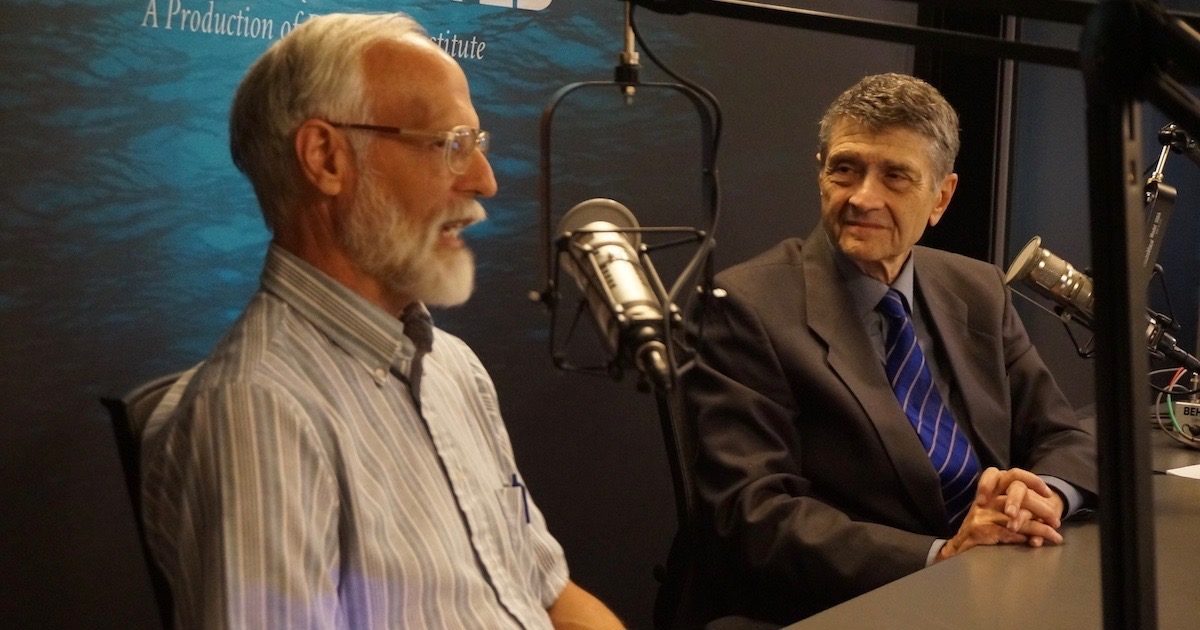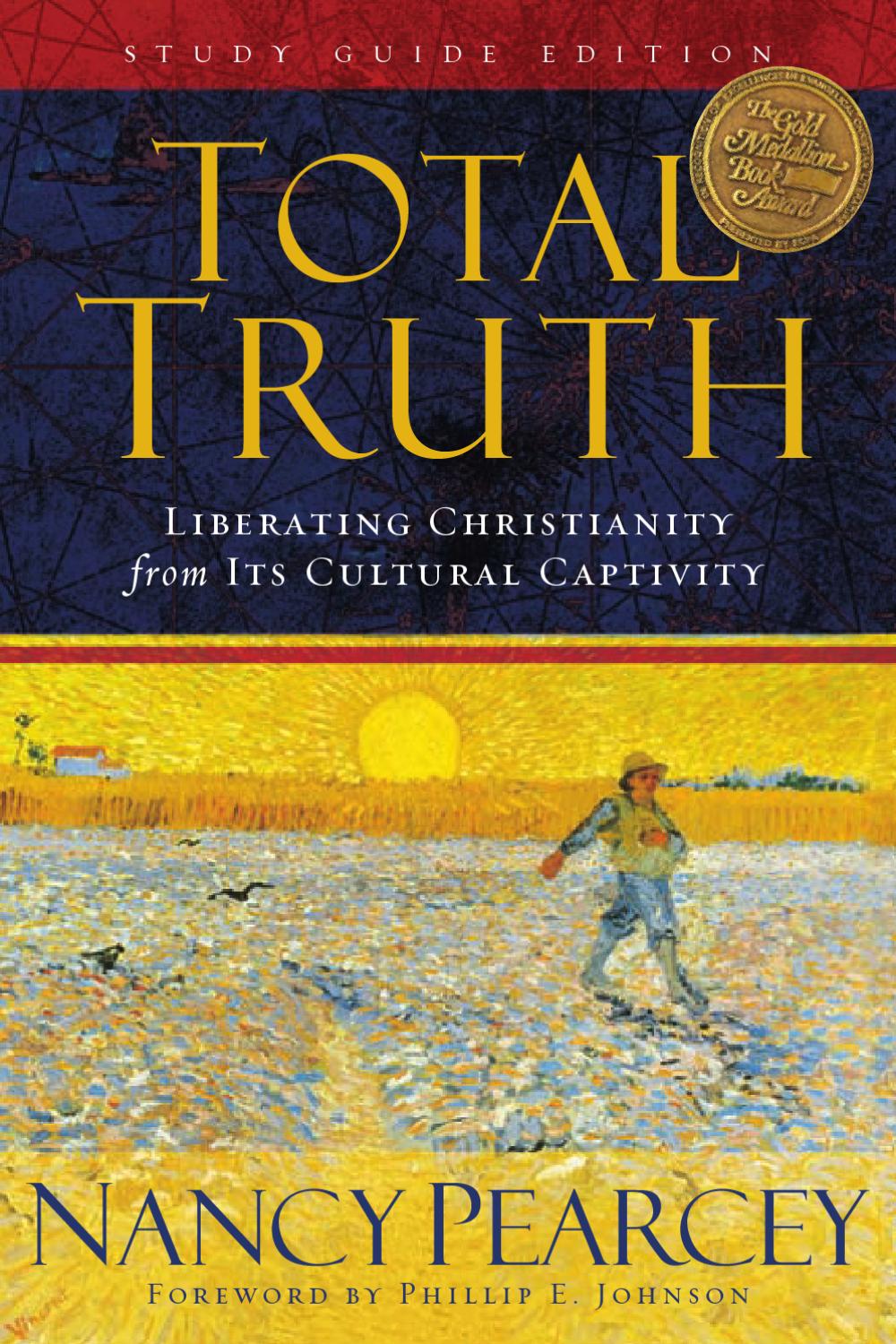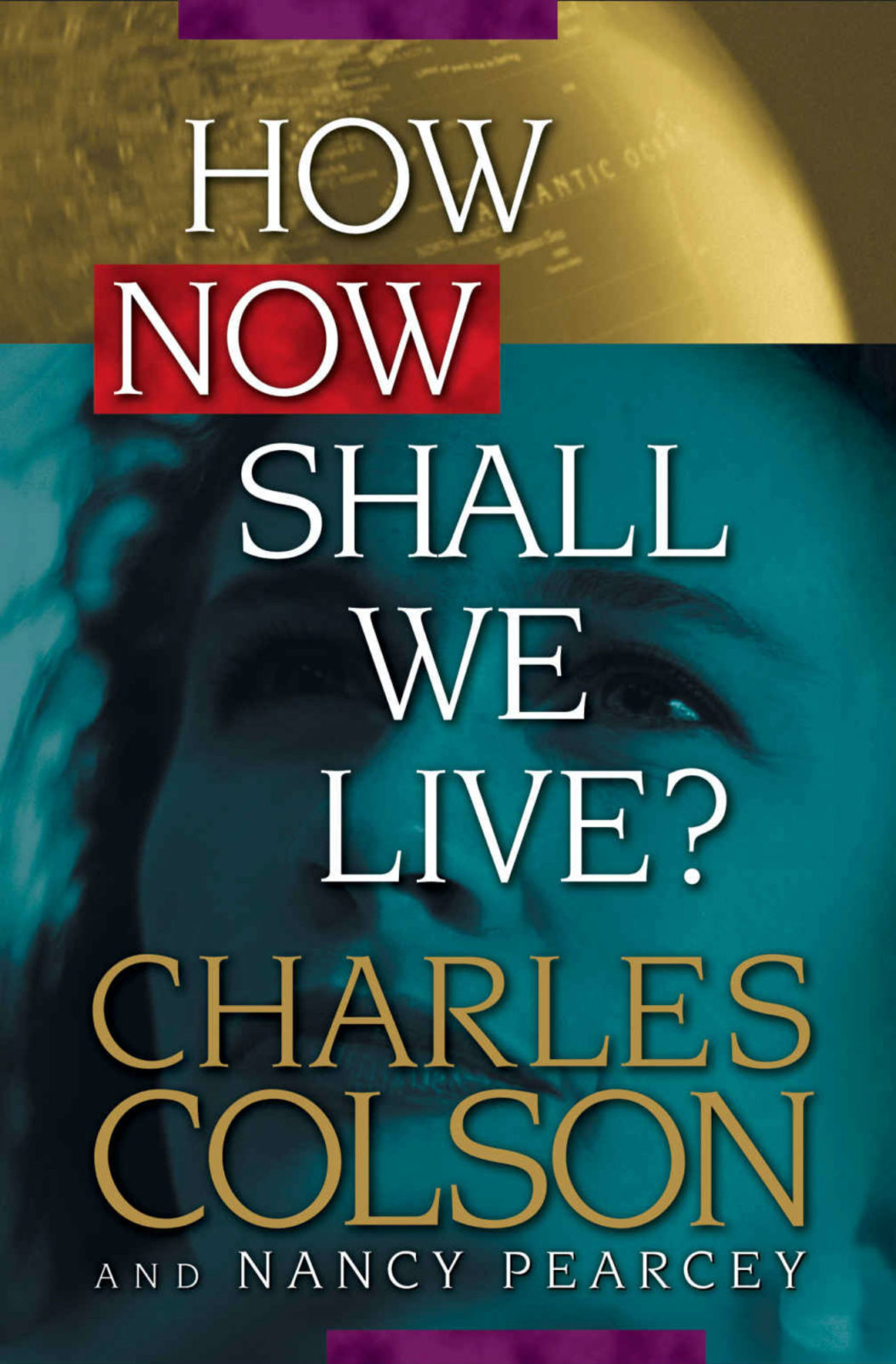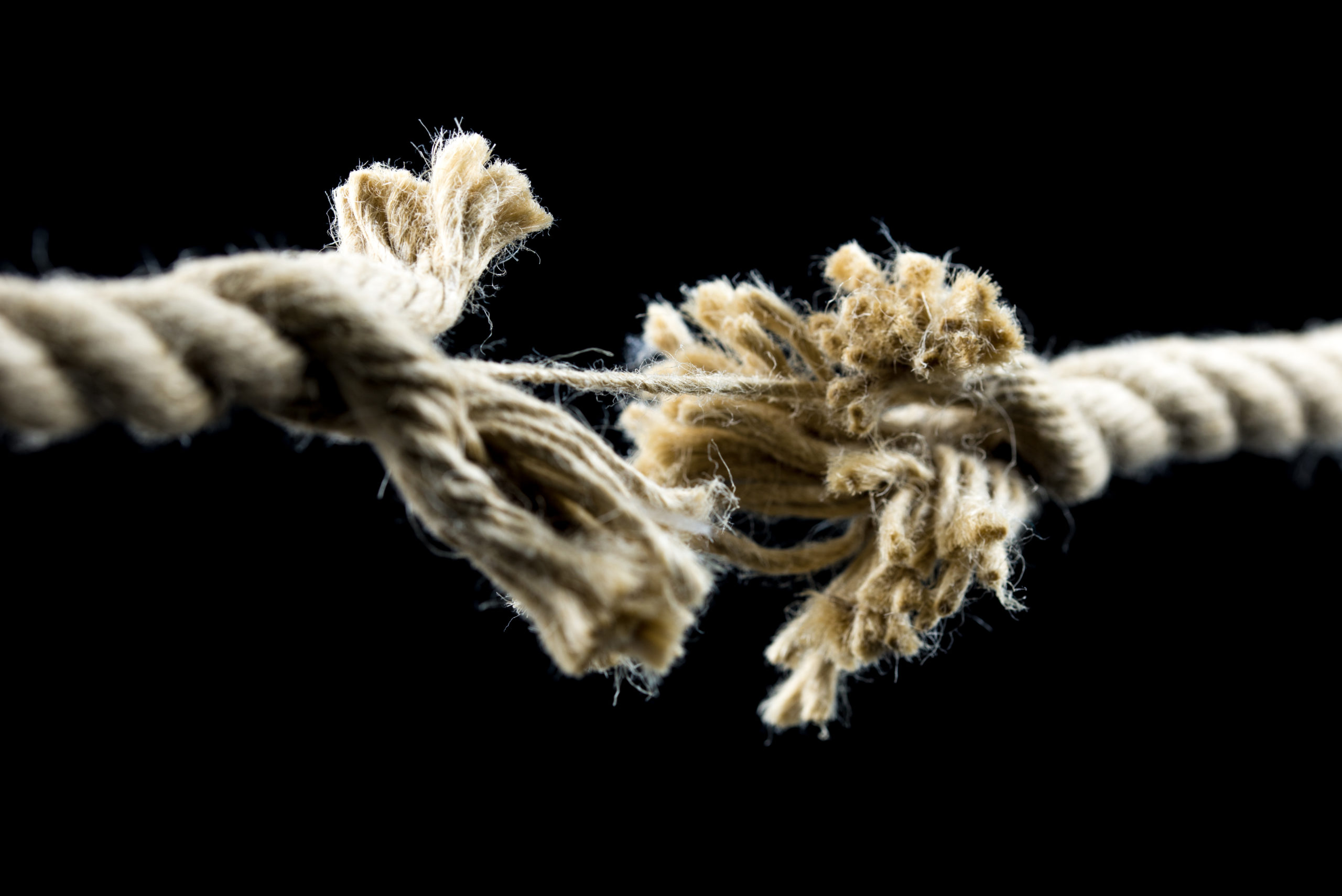
Richard Weikart on Hitler’s Religion
Adolf Hitler is long dead. Nevertheless, his name is still invoked every day as a rhetorical smear. By drawing usually dubious connections to Hitler and the Holocaust, partisans charge their opponents with guilt by association. This unfortunate cultural twitch has even been canonized as Godwin’s Law or reductio ad Hitlerum. At the top of the list, Hitler’s supposed Catholicism is often used as a smear against Christianity. But was Hitler a Christian? When you get down to the bottom of it, what’s the truth? Was Hitler in any meaningful sense a “Christian”? The author of Hitler’s Religion, Richard Weikart knows more about the answer to this question than just about anyone.
Read More ›


